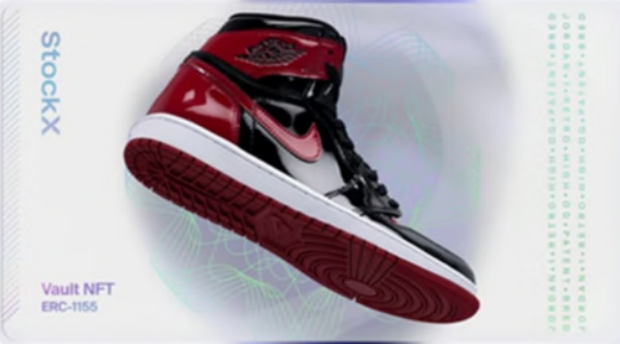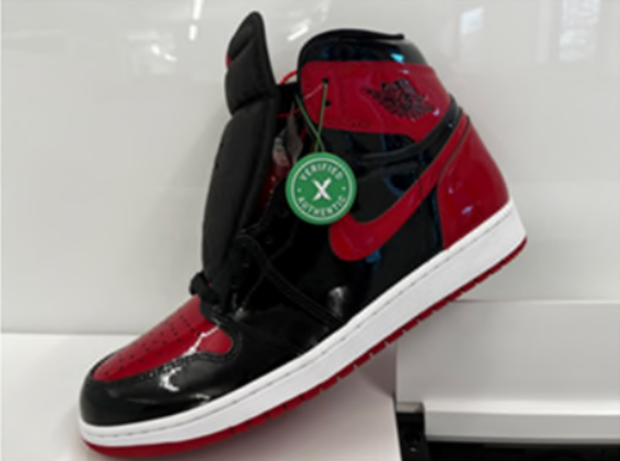Nike accuses StockX of selling counterfeit versions of its shoes
Nike is accusing StockX of selling look-alike versions of its shoes and wants a federal judge to force the online marketplace to remove the alleged knockoffs from its website.
The athletic apparel giant is already in the middle of another legal battle with StockX involving a trademark infringement case filed in New York earlier this year. At issue are Nike-branded Vault non-fungible tokens, or NFTs, featuring shoes by Nike. The suit claims StockX is capitalizing on Nike's brand without permission to sell its own products.
Lawyers for Nike have argued that StockX should be prohibited from selling shoes — digital or otherwise — with a design the public associates with Nike without the brand's permission. Nike lawyers filed an additional claim this week against StockX, alleging there are fake Nikes on the StockX website.
Nike lawyers said StockX began selling the Vault NFTs this year and has been marketing them as official Nike products, which Nike says they are not. After the lawsuit was filed, StockX removed the authenticity text from the product description but kept selling the same NFT shoe, Nike lawyers argued.
"But despite StockX's numerous guarantees of authenticity, Nike recently obtained four confirmed pairs of counterfeit 'Nike' shoes, which were purchased within a two-month period on StockX's platform," Nike lawyers argued in court documents filed Tuesday. "At least one pair of those counterfeit shoes are the same style as one of the infringing Nike-branded Vault NFTs."
Nike lawyers have asked judge Valerie Caproni to let them add counterfeit charges to the existing lawsuit. Both parties are scheduled to appear in court in October.
"The modern marketplace"
StockX is an online marketplace clothing reseller where items including limited-edition sneakers, watches and handbags can be bought and sold. The Detroit-based company launched in 2015 with financial backing from Quicken Loans co-founder Dan Gilbert among others. In recent years, StockX has become the go-to destination for sneakerheads looking to buy rare shoes at below retail prices.
StockX dismissed Nike's allegations and characterized the counterfeit charges as hypocritical.
"Nike's latest filing is not only baseless but also is curious given that their own brand protection team has communicated confidence in our authentication program, and that hundreds of Nike employees — including current senior executives — use StockX to buy and sell products," StockX said in a statement to CBS MoneyWatch. "Nike's challenge has no merit and clearly demonstrates their lack of understanding of the modern marketplace."
Nike's litigation against StockX marks the latest chapter in the sneaker maker's broader push to bring the sale of its products back in-house and away from third-parties. Nike removed its merchandise from Amazon in 2019 and last year move to stop shoe customizers from altering its footwear.
Nike said it wants to sell its products primarily at Nike.com or inside its roughly 1,050 corporate-owned stores worldwide. More recently, the company has also moved to establish a retail presence in the metaverse, the emerging 3D virtual environment now attracting scores of major brands.
In a further attempt to control its brand identity, Nike bought NFT design studio RTFKT in December and has used staffers there to develop a series of NFT shoes called CryptoKicks. The CryptoKicks line launched earlier this year and has been selling on OpenSea for thousands of dollars. NFT shoes with a Nike swoosh selling on StockX would effectively be a competitor to CryptoKicks, Nike has argued.





